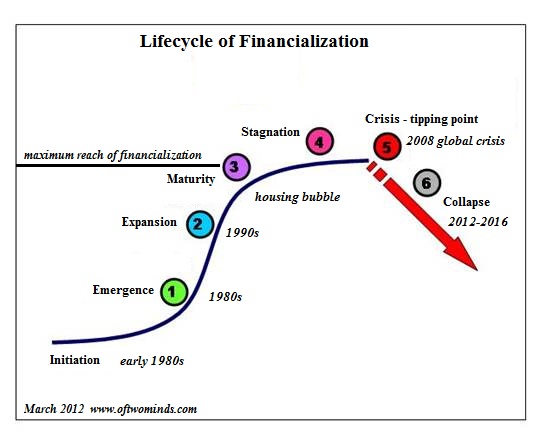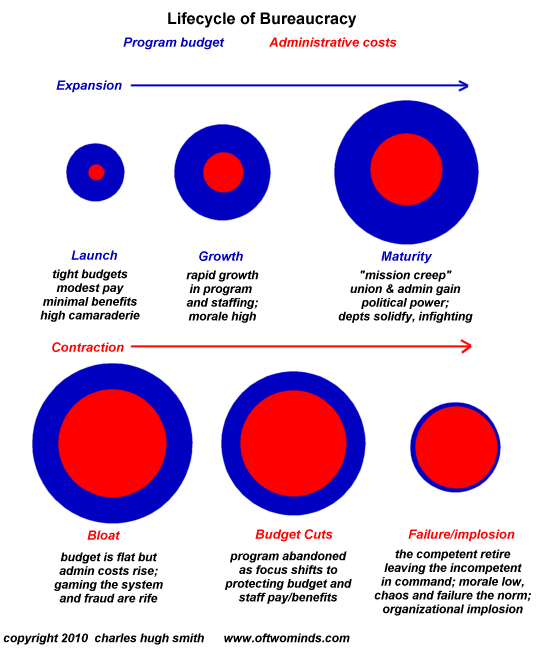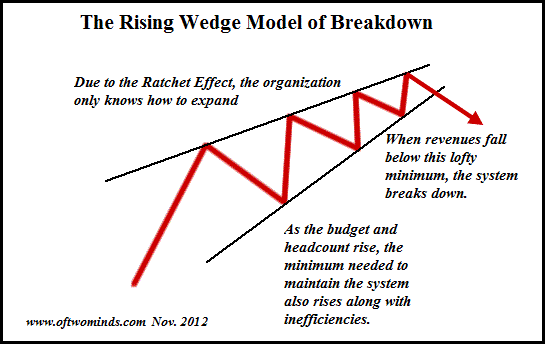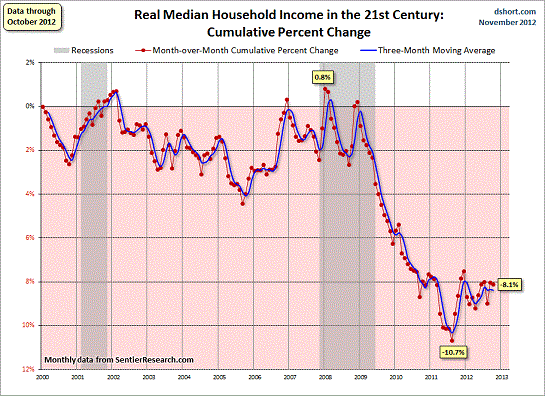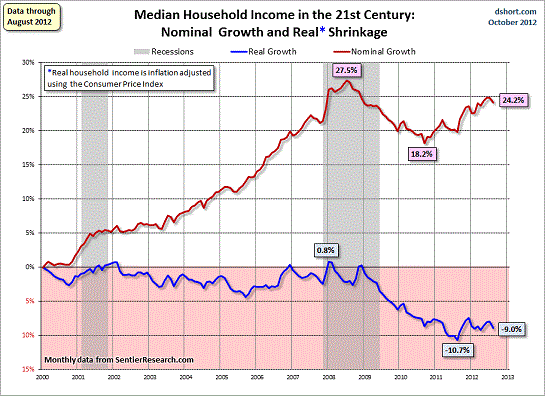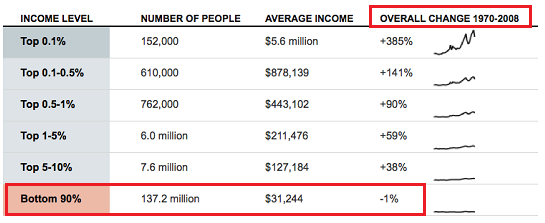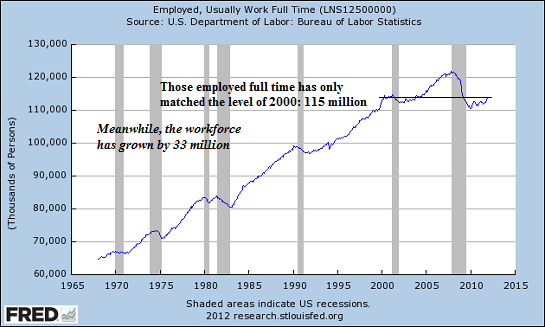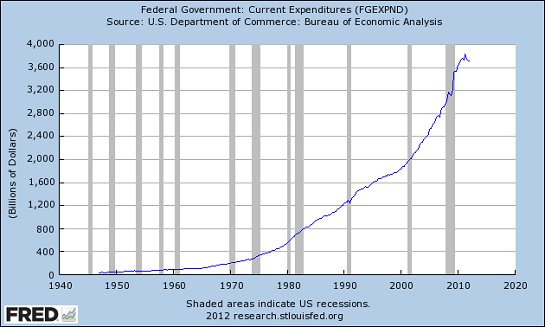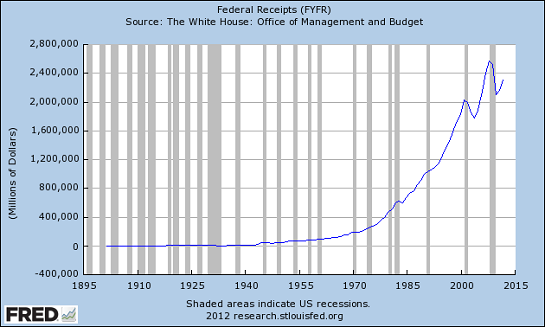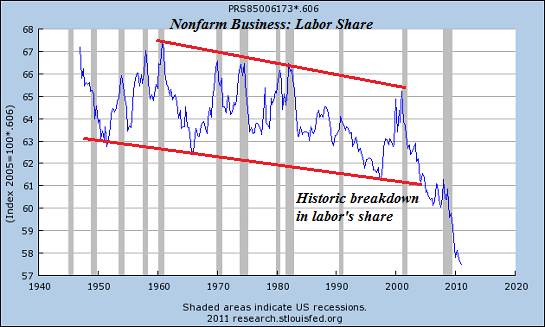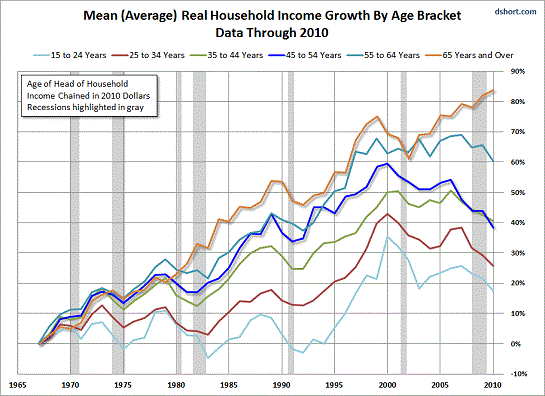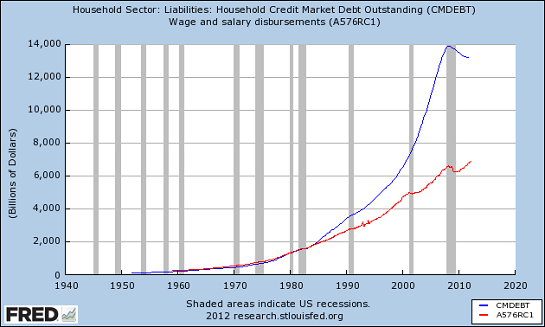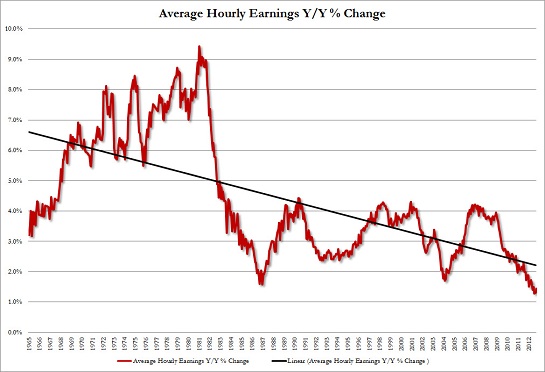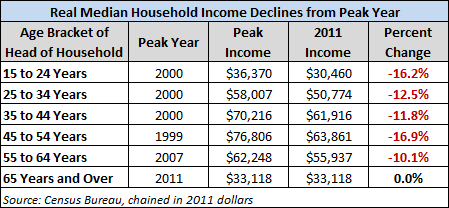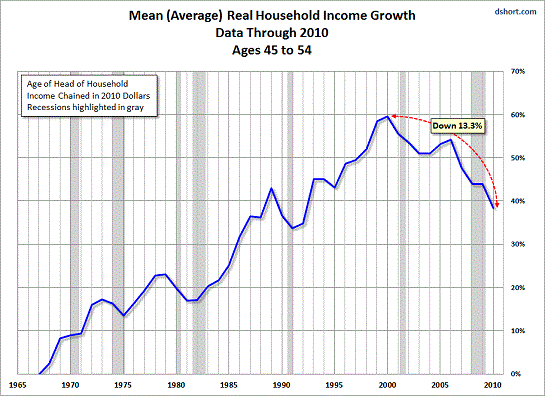
The risk he was taking by moving Ross in without Alexia's permission suddenly struck him as absolutely foolhardy, and Robin thought, You did this hoping to impress Kylie and win her gratitude; what if she's unimpressed, and Alexia finds out? Then what?
Heaving a sigh, he bent down to pet Hanover the cat and then murmured out loud, "I'll have to tell her--but what if she says no?" I can move Ross into my place, he realized, and then I can sleep at Alexia's; she wouldn't be so hard-hearted as to refuse me that favor. After all, I'm practically housesitting for her anyway.
Hoping the move wouldn't completely disrupt his tightly scheduled day—if I'm done by mid-morning, I should squeeze every client in, he calculated—he made himself a cup of Sumatran coffee—a free sample, of course—and then set off for Berkeley in his minivan.
As traffic slowed to a crawl on the Bay Bridge, Robin decided to grasp the nettle and call Alexia. Conjuring up his most persuasive sales voice, he clicked the phone button and awaited Alexia's voice with uncommon anxiety.
"Something's come up," he began. "I have an emergency, and I need to ask you for that big favor you promised me." As Alexia listened, he laid out a most heartstring-plucking tale of woe: a good friend had just been burned out of his house and desperately needs a place to stay for a few days while he finds a new apartment; could I put him up in your spare bedroom?
It seemed like a much weightier favor than Alexia had expected—or perhaps she'd reckoned their sofa time had already paid off the promised favor—and in response Robin added, "I'd put him up but you know how small my studio is."
"Why don't you use my spare bedroom, and let him stay in your place?"
"That would work," Robin replied, though he was less than overjoyed by the thought of Robin cluttering his tidy studio. And there was a nightmare scenario to consider: what if Ross didn't leave? An ugly scene might alienate Kylie—and impressing her positively had been the entire point of offering Ross temporary refuge.
"What's your friend's name?"
Alexia's question sent an electric shock of alarm up Robin's spine, and in a fevered brainstorm of necessity came upon Ross's initials. "He goes by R.T."
"I always distrust men who go by their initials," Alexia remarked. "It's just a bit too 'good-ole-boy'."
"Well, he doesn't like his first name," Robin said defensively.
Alexia had already moved past the inconsequence of his erstwhile guest's name to caution. "Just make sure he doesn't touch anything if he goes upstairs with you."
"Of course," Robin reassured her, and Alexia asked, "How is Hanover?"
"Perfectly happy," Robin replied, and Alexia sighed. "Lucky you. My friend's dog seems listless and out of sorts."
"You know how pets feel when their masters are away," Robin remarked. "I better go now—I'm on the bridge. Thanks for permission to use your spare room."
Clearly unhappy with the favor just granted, Alexia grudgingly acknowledged his gratitude and then rang off.
Feeling his generous impulse had already swerved him into a ditch even before Ross set foot in his studio, Robin hoped his plea for Kylie's forgiveness went better than his plea to Alexia.
Pulling up at the curb, Robin got out and was surprised to see Kylie emerge from the rooming house door dressed in a dark blue jacket and tight-fitting matching skirt. In black heels and with her hair tied back in a severe ponytail, she cut a very corporate figure, and with a disappointed sigh Robin realized she would not be helping with the move.
Kylie seemed to hesitate when she saw him, and Robin's heart beat out a nervous rhythm of worry.
"Hi," she said, and her nervousness seemed equal to his. "How's the shoulder?"
"Better," she replied coolly. "I'm sorry I can't you move Ross, but I have an interview this morning—I got the call a half-hour ago."
Robin nodded in disappointment and she added in a rush, "I have something to tell you about last night."
"Me, too," he interjected, and she gave him a look which melded dread and hope into one.
"I think we should forget about last night," she said firmly, "and just go back to dating—I mean, if you still want to see me."
"I understand," he said perhaps too quickly, and then rushed into his own now-muddled speech. "I just wanted to apologize for the confusion—I mean for taking advantage of the confusion."
"You didn't," she replied dismissively. "The confusion was all mine."
"I didn't exactly clear it up," he murmured, but she did not relax her stiff pose.
"It wasn't my typical second date," she said wryly, and her initial hope drained away. He didn't say he wanted to see me, she thought; he just wanted to apologize. Just what I thought; it's over.
I'm losing her, he fretted, and desperate not to let the conversation end on such a soul-deadening note he said, "Nor mine. You promised me lunch on Wednesday—shall I meet you somewhere in Berkeley, or do you want to come to the City?"
He's just being polite, Kylie told herself; that's what they all say, and then they cancel at the last minute and never call again. "Here, I guess," she replied noncommittally.
"Good," he said with visible relief. "I'll call you that morning to confirm."
You mean to cancel, and that's the last I'll hear from you, she thought, and with a great effort she offered him a wan, lopsided smile. "Thanks for helping Ross," she murmured, and Robin wanted very badly to say, I'm doing it for you, but he did not, for it seemed too calculated and theatric.
"Good luck with the interview," Robin said, and though he tried to smile, its half-hearted nature was all too visible. She doesn't want to see me any more, he thought; she knows I took advantage of her, and here's my payment: it's over.
Though inwardly crushed, Robin carried on in a bravely conversational manner. "We should have him moved over by noon; it's Friday, so he'll have the weekend to get sorted out."
Kylie nodded, and her voice was carefully toneless. "It's very kind of you to help. I'm sorry, but I have to go."
Robin gave her a small wave that expressed his sense of utter defeat, and watched her derriere sway as she hurried down the sidewalk to her rust-streaked car. This is how Nirvana turns into Hell, he sighed; suddenly alive to the need for one last-ditch effort, he shouted after her, “It was our third date.”
Kylie slipped behind the wheel of her old Dodge and thought, I'll show up for the interview a complete mess. If only I hadn't kissed him, and . . . oh, forget it. It's done, chalk it up to experience. But why does experience always have to be so bitter?
Just when Robin reckoned his spirits could not sink any lower, Ross burst out of the door, revealing the unfortunate truth that Robin's spirits could indeed plumb far lower depths.
 1. Debt and financialization
1. Debt and financialization


















